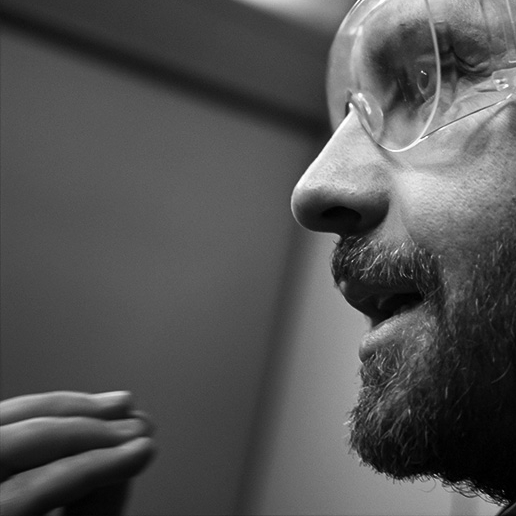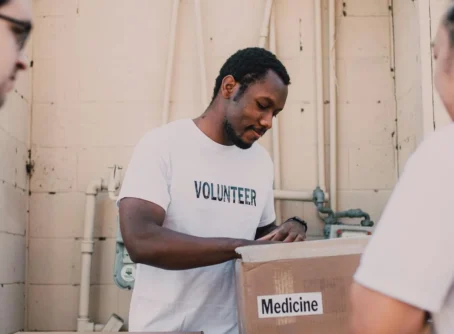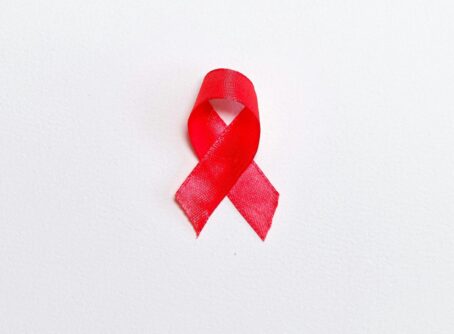For nearly three decades, the Center for Public Justice has hosted an annual Kuyper lecture. The Kuyper Lecture is named after the Dutch theologian and statesman Abraham Kuyper (1837-1920). The Kuyper Lecture seeks to focus attention on significant questions of religion in public life. Kuyper believed that the Christian life cannot be confined to church life. Accepting Christ’s claim of authority over the entire world, he sought to follow the implications of that faith into politics, journalism, the university, and other human endeavors.
Annual Kuyper Lecture
Annual Kuyper Lecture
2024 Kuyper Lecture
The Center for Public Justice (CPJ) presented its 27th Annual Kuyper Lecture, featuring Hans-Martien ten Napel, Ph.D., on the topic “In Search of the Radical Middle: Navigating Populism and Progressivism.” The lecture took place on Thursday, April 4, 2024, at 7:30 pm ET at the Great Hall of Calvin University’s Prince Conference Center in Grand Rapids, MI.
Hans-Martien explored the political landscape in the US and Europe, addressing the challenges posed by populism and progressivism. How should Christians navigate these political shifts? What insights can be gained from neo-Calvinist thought? This engaging discussion aims to illuminate a path forward, drawing on Hans-Martien’s Dutch neo-Calvinist background, expertise as a constitutional and legal scholar, and familiarity with US constitutional and policy developments.
The Kuyper Lecture was followed by a panel discussion featuring Ruth Melkonian-Hoover, Ph.D., Professor of Political Science at Gordon College, and David Koyzis, Ph.D., affiliated with Global Scholars Canada. The respondents took up the theological, philosophical, and policy considerations raised by the lecturer, with an eye towards equipping young people and academics to carry forward the ideas practically.
Previous Kuyper Lectures
Videos of prior Kuyper Lectures are directly accessible from this page by clicking on the individual lecture titles below.

Who’s Caring for Children?

Recovering Sphere Sovereignty in the Age of Trump



